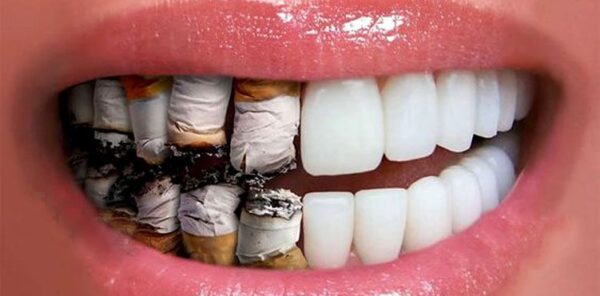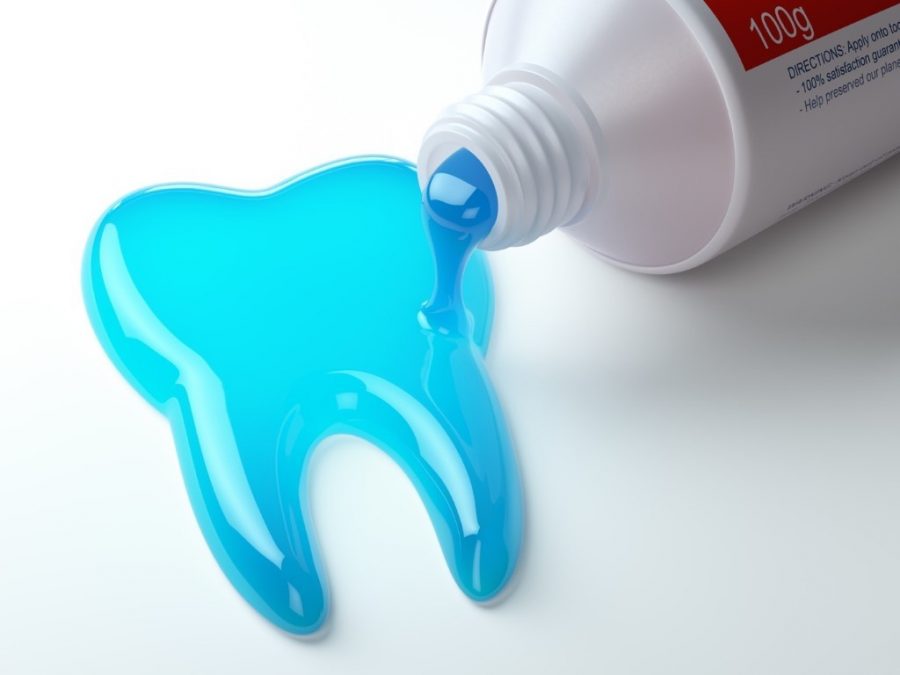Dental care is an essential component of health and overall well-being, yet it is a largely overlooked component in India’s prisoners system. Poor dental care in Indian prisons is a deep-rooted problem, with prisoners suffering from tooth decay, gum disease, and other dental ailments. This issue is not only causing unnecessary pain and suffering among prisoners, but it is also a major public health concern. Improved dental care for India’s prisoners is an urgent need and would be an important step forward in promoting the health and well-being of India’s incarcerated population. Working together, governments, non-governmental organizations, and the public can ensure that prisoners have access to the dental care they need and deserve.
Causes of Poor Dental Care in Indian Prisons
Several factors contribute to the poor dental care provided to prisoners in India. One of the key issues is the lack of resources available to care for prisoners. Indian prisons are chronically underfunded and understaffed, and this means that there are often not enough funds to provide adequate dental care. In addition, the facilities in many prisons are outdated and inadequate, meaning there is often not enough space or equipment to provide proper dental care.

Another factor is the lack of awareness and training among prison staff. Many prison staff are not adequately trained in providing dental care, and this means that the care that is provided is often inadequate or of poor quality. Finally, there is a lack of access to dental care for prisoners. Many prisoners do not have access to dental care services, and even those who do often face long wait times and inadequate care.
Impact of Poor Dental Care on Prisoners
The impact of poor dental care on prisoners is significant and should not be overlooked. Poor dental care can lead to a range of health problems, including tooth decay, gum disease, and even bone loss. This can lead to pain and discomfort, as well as long-term health problems. In addition, poor dental care can lead to malnutrition, as prisoners may not be able to chew food properly.



Poor dental care can also lead to psychological distress, as prisoners may feel embarrassed or ashamed due to the state of their teeth. Finally, poor dental care can lead to a decrease in self-esteem, as prisoners may feel that their physical appearance is a reflection of their worth.
Strategies for Improving Dental Care in India’s Prisons
Several strategies can be used to improve dental care in India’s prisons. One of the key strategies is to provide increased funding for dental care. This could include providing additional funds for dental care supplies, as well as hiring and training additional staff to provide care. In addition, prisons should invest in modernizing their facilities and equipment, as this will enable them to provide higher-quality care.
Another key strategy is to increase access to care. This could include expanding the number of dental care providers available, as well as ensuring that prisoners have access to regular checkups. Finally, prisons should focus on raising awareness and providing training to prison staff. This will help ensure that staff are properly trained and aware of how to provide quality care to prisoners.
Role of Governments, NGOs in Improving Dental Care
Mobile Dental Clinics: In some Indian prisons, mobile dental clinics are used to provide dental care to inmates. These clinics are equipped with all the necessary dental equipment and are staffed by dental professionals who provide regular check-ups, cleanings, and treatments.
Oral Health Education: Oral health education programs are conducted in some Indian prisons to raise awareness about the importance of oral hygiene and the risks associated with poor oral health. These programs also educate inmates on proper brushing and flossing techniques and encourage them to adopt good oral hygiene practices.
Dental Treatment Camps: Dental treatment camps are organized in some Indian prisons to provide specialized dental treatments to inmates. These camps are staffed by dental professionals who provide treatments such as extractions, root canal treatments, and fillings.
Successful Dental Care Programs in India prison
Dental Laboratories: Some Indian prisons have dental laboratories that are equipped with state-of-the-art dental equipment. Inmates who are interested in learning dental skills can receive training in these laboratories, which can help them find employment in the dental industry after their release.
Collaboration with Dental Schools: Some Indian prisons have collaborated with dental schools to provide dental care to inmates. Under these collaborations, dental students are allowed to provide dental care to inmates under the supervision of dental professionals.
These programs have been successful in improving the oral health of inmates in Indian prisons. However, more needs to be done to ensure that every inmate has access to quality dental care. Improved infrastructure, more trained dental professionals, and increased awareness about the importance of oral hygiene can go a long way in improving dental care in Indian prisons.
Successful Dental Care Programs in India prison
Several successful dental care programs in India’s prisons have had a positive impact on prisoners. For example, the Karnataka State Prisons Department has launched a program to provide dental care to prisoners in the state. This program provides free dental checkups and treatment to prisoners, and it has been praised for its success in improving dental care for prisoners.

Similarly, the Indian Government has launched the “Dental Care in Prisons” program, which provides free dental care to prisoners in all states. This program has helped to improve access to care and has been lauded for its success in providing quality care to prisoners.
Challenges in Implementing Dental Care in Prisons
Despite the benefits of improved dental care for prisoners. Several challenges must be addressed to ensure that dental care programs are successful. One of the key challenges is the lack of resources available to implement these programs. Prisons are often underfunded and understaffed, meaning that there may not be enough funds or personnel available to provide adequate care.
In addition, there is a lack of awareness and training among prison staff. Meaning that they may not be properly equipped to provide quality care. Finally, there is the challenge of accessibility. As many prisons are located in remote areas, making it difficult for prisoners to access care.
Tools for Monitoring Dental Care in Prisons
To ensure that dental care programs are successful. It is important to have tools in place to monitor and evaluate these programs. One tool that can be used is a reporting system. Which would enable prisoners and prison staff to report any issues or concerns related to dental care. This would enable prison staff to identify and address any problems quickly and effectively.
In addition, prison staff could use data and analytics to track the effectiveness of dental care programs. As well as to monitor the overall health of prisoners. This would enable prison staff to identify any areas that need improvement and to ensure that prisoners are receiving the care they need and deserve.
Conclusion
Improving dental care for India’s prisoners is an important and urgent need. Poor dental care in Indian prisons is causing unnecessary pain and suffering among prisoners. And it is also a major public health concern. Governments, non-governmental organizations. And the public must work together to ensure that prisoners have access to the dental care they need and deserve. This can be achieved through increased funding, modernization of facilities, increased access to care, raising awareness, and providing training. In addition, monitoring tools should be put in place to ensure that dental care programs are successful. Improved dental care for prisoners will help to reduce pain and suffering. Improve health and well-being, and promote a sense of dignity and self-worth.






